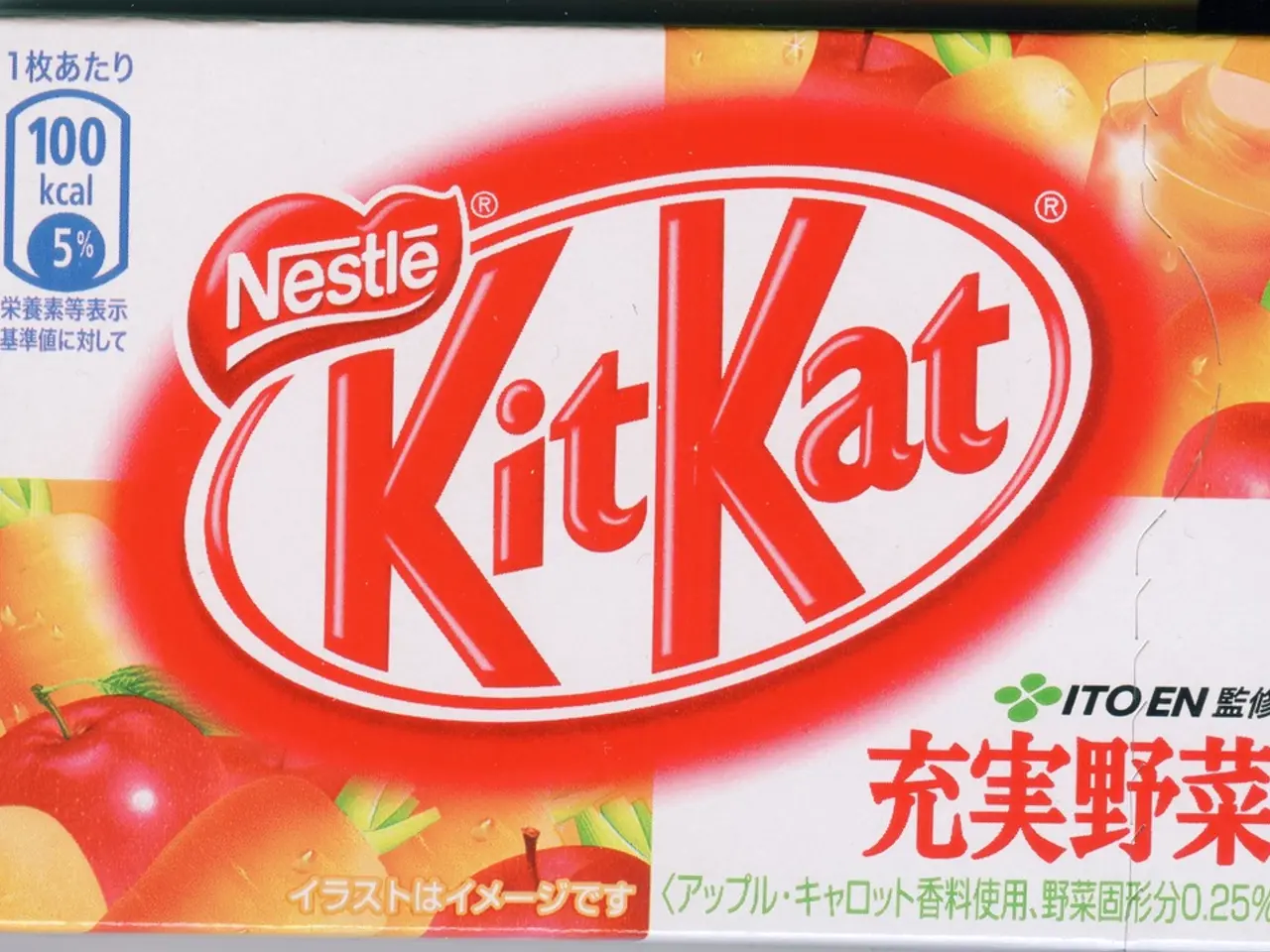Amateur Athletes' Ideal Nutrition and Sports Nourishment
Staying physically active comes with an increased energy requirement, and it's essential to consume more food accordingly. However, it's important to note that physical activities do not burn as many calories as often assumed, so it's recommended to check the calories burned during a specific sport and adjust the diet plan accordingly.
Before exercise, it's advisable to refrain from eating for about two hours. If necessary, consuming easily digestible, low-fat foods that provide carbohydrates and proteins can help fuel the body.
Carbohydrates serve as the primary energy source, especially for high-intensity or prolonged activities. The daily carbohydrate intake generally ranges from 2 to 7 grams per kilogram of body weight, representing about 45–65% of total calorie intake. Proteins are vital for muscle growth, repair, and recovery, with recommended intakes ranging from about 1.2 to 2.2 grams per kilogram daily.
Healthy fats, including omega-3 and omega-6 fatty acids, should make up approximately 30% of daily calories. These fats support energy balance and hormone regulation.
Nutrient timing is crucial. Athletes should consume carbohydrates before exercise to fuel performance and within 30 minutes after exercise to replenish glycogen stores. Protein intake after exercise further supports muscle repair. Hydration is also key, with recommendations to drink about 7–10 ounces of fluids every 10–20 minutes during exercise and monitor hydration status via urine color or body weight changes.
Fruits and vegetables should make up a large part of daily nutrition, placed on the second most important level of the food pyramid. Whole grain bread and whole wheat pasta are healthier options for carbohydrates.
Good carbohydrates are important for athletes and should be included in the diet. It's also important to pay attention to the fluid balance during exercise due to increased sweating, which can lead to the loss of minerals like calcium, magnesium, or iron. Healthy adults should drink about 1.5 to 2.5 liters of water daily, with mineral water rich in sodium or fruit juices mixed with water being suitable choices.
Avoiding snacks and maintaining a balanced diet can help improve overall health and well-being. Animal products, meat, and proteins should make up a smaller percentage of energy intake. After exercise, it's important to consume protein and a small amount of carbohydrates to replenish energy stores and aid in muscle building and weight loss.
Proper nutrition is essential for athletes as it provides necessary minerals, proteins, and vitamins during physical activity. For strength training and muscle building, protein can be found in poultry, fish, low-fat dairy products, and legumes.
Working with a certified sports nutritionist can help tailor these guidelines to individual needs and sports-specific demands.
Fruits and vegetables, as part of the daily nutrition, should make up a large portion, placing them second in importance on the food pyramid. Good carbohydrates, essential for athletes, can be found in foods such as whole grain bread and whole wheat pasta. Proper nutrition for athletes is crucial, providing necessary vitamins, minerals, and proteins during physical activities like sports, and working with a certified sports nutritionist can help tailor these guidelines to individual needs and sports-specific demands. Nutrient timing is vital for athletes, with the consumption of carbohydrates before exercise to fuel performance and within 30 minutes after exercise to replenish glycogen stores, and protein intake after exercise further supporting muscle repair.




